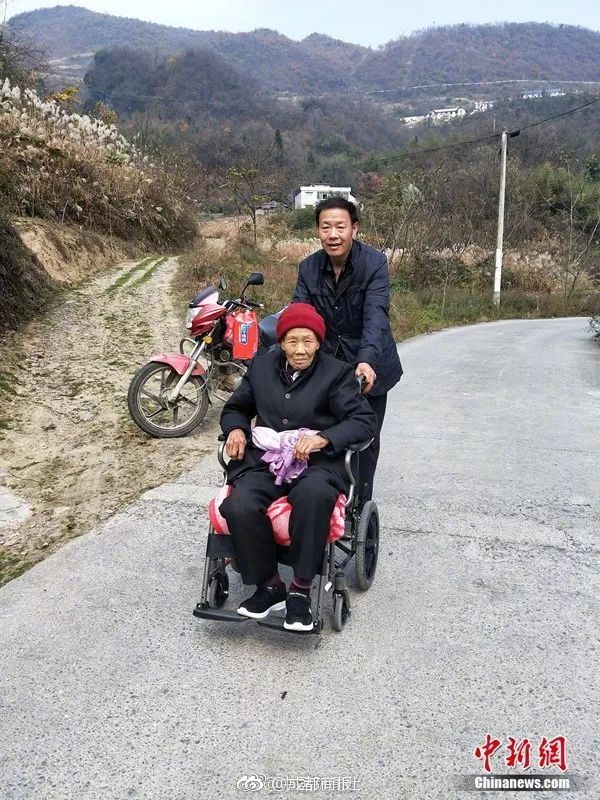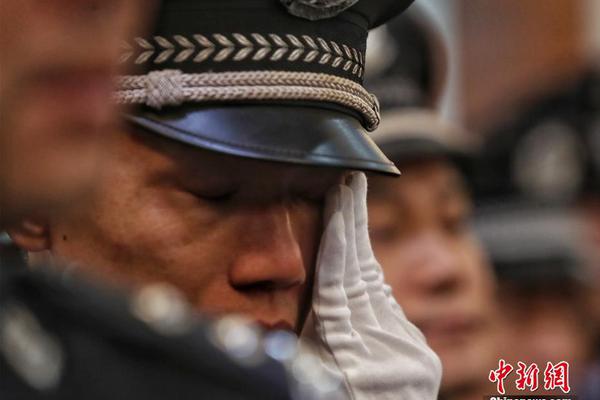【】
Since humans spend 33 percent of their lives asleep, it's not surprising that we're so fascinated by our dreams -- something that USA Network hopes to capitalize on with new thriller Falling Water.
The drama, created by Blake Masters and the late Henry Bromell and executive produced by Gale Anne Hurd, follows three unrelated people who come to discover that they're somehow dreaming separate parts of one shared dream.
The concept may seem far-fetched, but science indicates that sharing dreams isn't as impossible as it sounds, and that there may be ways to influence a person's subconscious while they sleep, potentially even affecting the content of their dreams.
In Mashable'sexclusive video below, Moran Cerf, a professor of neuroscience and business, explains how the ideas explored in Falling Watercould be applied in reality.
In July 2016, USA conducted a dream study in conjunction with the show's debut, comprised of a nationally representative sample of 1,000 18-to-49 year olds, interviews with three dream experts, and recorded dream journals of more than 500 Gen X, Y and Z respondents. The results illustrate just how much our technology and social media habits can impact our dreams.
"For years, researchers have analyzed what our dreams mean, so we wanted to go a step further and understand why we dream the way we do and if it’s possible for some people to be ‘better dreamers’ than others,” said Melissa Lavigne-Delville, founder and CEO of Culture Co-op, the research group that authored the study. “The answer is a resounding ‘yes.’ Young, digitally-connected, creative people with multifaceted identities are reshaping how we dream.”
According to the study, “Third Culture Kids” (Multicultural Generation Y and Zers whose identities straddle different cultures, ethnicities and languages) are by far the “best” dreamers, reporting more vivid and lucid dreams than the general population, likely due to the interconnectedness of their world.
The study also indicated that heavy screen users and avid gamers have far more frequent and vivid dreams than the rest of the population. 39 percent of tech-savvy respondents report that they dream daily, versus 26 percent of the general population. Gamers also have better recall, with 20 percent remembering their dreams, and tend to dream in more vivid colors, according to the research. Maybe our Pokémon Go obsession isn't so bad after all.
Falling Waterpremieres Thursday, Oct. 13 at 10 p.m. on USA. You can check out the results of the dream study here.
相关文章

We asked linguists if Donald Trump speaks like that on purpose
Donald Trump may do a good "drunk uncle at Thanksgiving" impersonation at his rallies, but amid all2025-04-24 The holidays are supposed to be a time for cheer and celebration. But for some members of the LGBTQ2025-04-24
The holidays are supposed to be a time for cheer and celebration. But for some members of the LGBTQ2025-04-24
OpTic Gaming wins the ELeague 'CS:GO' Season 2 championship
OpTic Gaming defeated Astralis to win the ELeague Counter-Strike: Global OffensiveSeason 2 champions2025-04-24
'Lives are at risk:' Hillary Clinton blasts fake news
Hillary Clinton may have taken a few walks in the woods since her presidential election loss on Nov.2025-04-24
Aly Raisman catches Simone Biles napping on a plane like a champion
Simone Biles is exhausted. She won five medals at the Summer Olympics in Rio, posed for selfies with2025-04-24
Drones capture first wintry wonderland weekend in the Midwest
'Tis the season for stunning drone footage. SEE ALSO:Watch Hawaii become a winter wonderlandOver the2025-04-24

最新评论